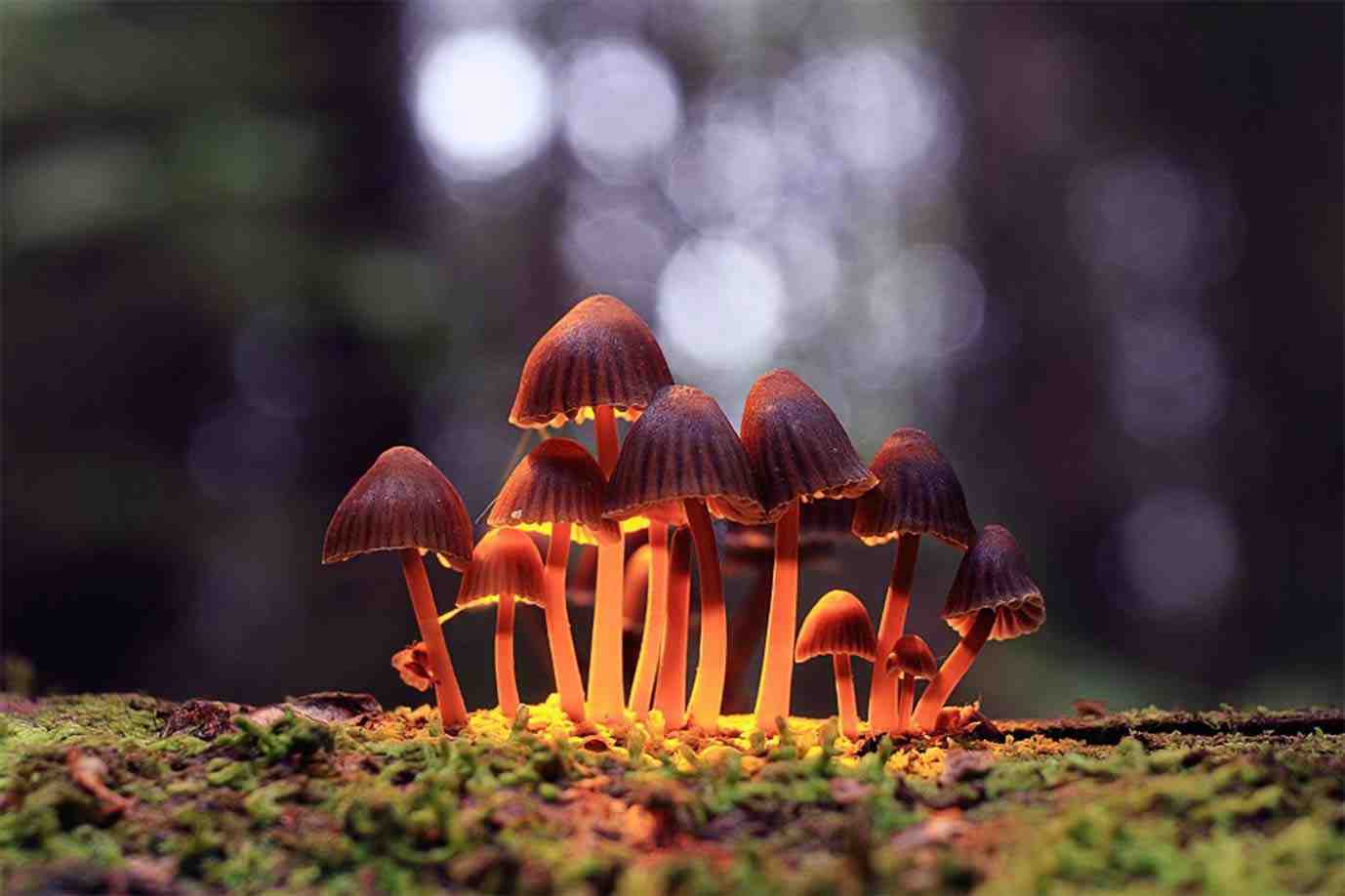By using our website, you agree to the use of cookies as described in our Cookie Policy
Exploring Psilocybin: The Magic Behind the Mushroom

Psilocybin, the mystical compound found in “magic mushrooms,” has entranced humans for centuries, offering a gateway to altered perceptions and uncharted realms of consciousness. Originating from the unassuming fungi, this psychedelic substance has seen a rebirth in modern research, presenting potential therapeutic benefits and profound mystical experiences.
Unveiling the Magic: A Brief History
The journey of psilocybin into the mainstream began when Swiss chemist Albert Hoffman isolated it in 1957. However, the 1960s saw its true breakthrough when it became the subject of extensive research led by Harvard professors Timothy Leary, Ralph Metzer, and Richard Alpert. Despite facing skepticism and dismissal from the scientific community, their pioneering studies illuminated the transformative potentials of psilocybin.
The Global Fungi Phenomenon
Magic mushrooms, home to psilocybin, thrive across the globe, flourishing in diverse species and strains. This serotonergic psychedelic alters consciousness by interacting with serotonin 2A receptors, causing shifts in sensory input and allowing the brain to process stimuli differently.
Therapeutic Potentials and Personal Growth
Beyond its recreational allure, psilocybin has been embraced for its potential therapeutic applications and as a catalyst for personal growth and spiritual enlightenment. It has shown promising results in alleviating anxiety, depression, and fostering a sense of purpose, transforming lives in the process.
Psilocybin is making waves in the realm of mental health, with numerous studies elucidating its therapeutic potential and transformative impact on various mental health conditions.
1. Depression Alleviation:
Psilocybin has shown significant promise in mitigating symptoms of depression. It seems to reset the activity of neural circuits known to play a role in depression, allowing patients to break free from the debilitating cycle of negative thought patterns. The substance often helps individuals attain a renewed sense of purpose and positivity, providing relief where conventional treatments may have failed.
2. Anxiety Reduction:
For individuals grappling with anxiety, psilocybin offers a powerful avenue for relief. It fosters a profound sense of interconnectedness and universal unity, alleviating feelings of isolation and existential dread. This altered perspective can lead to long-lasting reductions in anxiety levels, improving overall well-being and life quality.
3. Substance Use Disorders:
Psilocybin’s efficacy extends to treating various substance use disorders, including alcohol and tobacco addiction. It seems to disrupt the ingrained behavioral patterns associated with addiction, empowering individuals to regain control over their lives and make sustained lifestyle changes.
4. Post-Traumatic Stress Disorder (PTSD):
Emerging research suggests that psilocybin may hold the key to addressing the underlying causes of PTSD. It allows individuals to confront and reprocess traumatic memories in a safe and supportive setting, facilitating healing and recovery.
5. Enhancing Mindfulness and Emotional Well-Being:
Individuals who have undergone psilocybin-assisted therapy often report enhanced mindfulness, emotional openness, and increased overall life satisfaction. These experiences can catalyze profound personal growth and lasting improvements in emotional well-being, allowing individuals to live more fulfilled and balanced lives.
6. Elevating Mood and Social Functioning:
Studies have revealed psilocybin’s ability to enhance mood and social functioning, fostering a sense of belonging and improved interpersonal relationships. This can be particularly beneficial for individuals experiencing social anxiety or struggling with social connection, promoting empathy and mutual understanding.
7. End-of-life Psychological Distress:
Psilocybin is being studied for its potential to alleviate existential anxiety and depression in terminally ill patients. It can facilitate transformative experiences that alter perceptions of death and dying, bringing comfort and acceptance to those facing their mortality.
The Importance of Set and Setting:
The therapeutic outcomes of psilocybin are closely intertwined with the environment in which it is administered and the individual’s mindset entering the experience. A supportive, controlled setting under the guidance of trained professionals is crucial to maximize the benefits and minimize potential risks.
The Legal Landscape and Future Directions
Despite its federal classification as a Schedule I substance, the evolving legal landscape is embracing psilocybin’s therapeutic potential, with states like Oregon and Colorado leading the charge in integrating it into psychotherapy. This shift is fueled by the mounting evidence highlighting the myriad benefits of psilocybin.
Conclusion:
Psilocybin, the magical component of mystical mushrooms, is experiencing a renaissance, transcending its psychedelic reputation to emerge as a beacon of therapeutic hope and spiritual discovery. As we delve deeper into its secrets, we uncover the transformative powers hidden within this natural wonder, paving the way for a future where its magic can be experienced and appreciated by all.
The information provided in this article is intended for educational and informational purposes only and does not constitute advice, endorsement, or recommendation of the use of psilocybin or any other illegal substances. Psilocybin is a Schedule I substance under federal law and is illegal to manufacture, possess, or distribute for any purpose. We strongly advise against the use of illegal substances and encourage readers to adhere to their local laws and regulations regarding such substances. Always consult with a qualified healthcare professional or mental health counselor regarding any mental health symptoms or conditions.
‹ Back









